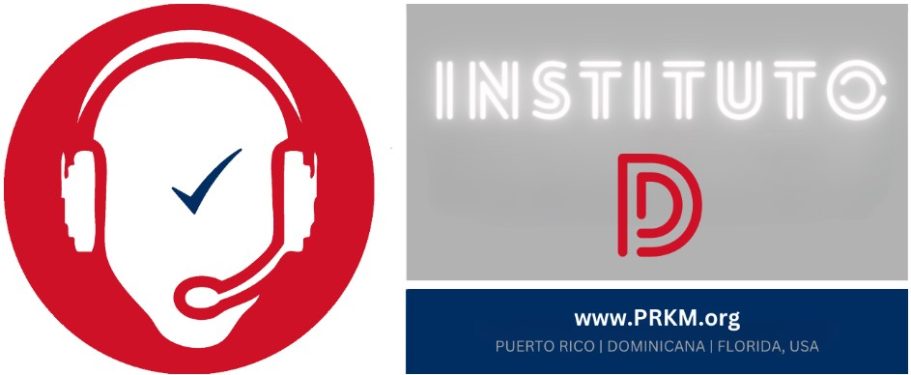Theories
Theories
- Absorptive capacity theory
- Activity Theory
- Actor network theory
- Accountability theory
- Adaptive structuration theory
- Administrative behavior, theory of
- Adaptive enterprise architecture theory
- Agency theory
- Argumentation theory
- Behavioral decision theory
- Belief Action Outcome Framework
- Boundary object theory
- Chaos theory
- Cognitive dissonance theory
- Cognitive fit theory
- Cognitive load theory
- Competitive strategy (Porter)
- Complexity theory
- Conservation of resources theory
- Contingency theory
- Critical Mass Theory of Interactive Media
- Critical realism theory
- Critical social theory
- Critical success factors, theory of
- Customer based Discrepancy Theory
- Customer Focus Theory
- Deferred action, theory of
- Delone and McLean IS success model
- Design Theory
- Diffusion of innovations theory
- Dynamic capabilities
- Elaboration likelihood model
- Embodied social presence theory
- Equity theory
- Evolutionary theory
- Expectation confirmation theory
- Feminism theory
- Fit-Viability theory
- Flow theory
- Game theory
- Garbage can theory
- General systems theory
- General deterrence theory
- General Strain theory
- Goal Contagion Theory
- Hedonic-motivation system adoption model (HMSAM)
- Hermeneutics
- Illusion of control
- Impression management, theory of
- Information processing theory
- Information warfare
- Institutional theory
- International information systems theory
- Internationalization Theory
- Keller's Motivational Model
- Knowledge-based theory of the firm
- Language action perspective
- Information asymmetry theory (lemon market)
- Management fashion theory
- Media richness theory
- Media synchronicity theory
- Modal aspects, theory of
- Multi-attribute utility theory
- Multi-motive information systems continuance model (MISC)
- Organizational culture theory
- Organizational information processing theory
- Organizational knowledge creation
- Organizational learning theory
- Portfolio theory
- Privacy Calculus Theory
- Process virtualization theory
- Prospect theory
- Protection motivation theory
- Punctuated equilibrium theory
- Real options theory
- Representation Theory
- Resource-based view of the firm
- Resource dependency theory
- Selective organizational information privacy and security violations model (SOIPSVM)
- Self determination theory
- Self-efficacy theory
- Semantic theory of survey response
- SERVQUAL
- Signaling theory
- Social Bond Theory
- Social capital theory
- Social cognitive theory
- Social Comparison Theory
- Social Contagion Theory
- Socioemotional Selectivity Theory
- Social exchange theory
- Social Identity Theory
- Social Influence Theory (of Kelman)
- Social Information Processing Theory (of Walther)
- Social learning theory
- Social network theory
- Social Penetration Theory
- Social shaping of technology
- Sociomaterialism Theory
- Socio-technical theory
- Soft systems theory
- Stakeholder theory
- Structuration theory
- Structured process modeling theory (SPMT)
- Task closure theory
- Task-technology fit
- Team resilience theory
- Technological frames of reference
- Technology acceptance model
- Technology dominance, theory of
- Technology-organization-environment framework
- Technology Threat Avoidance Theory
- Theory of collective action
- Theory of Interactive Media Effects (TIME)
- Theory of Interpersonal Behavior
- Theory of organizational creativity
- Theory of Organizational Sensemaking
- Theory of planned behavior
- Theory of reasoned action
- Theory of slack resources
- Theory of swift trust
- Transaction cost economics
- Transactive memory theory
- Uncanny Valley Theory
- Unified theory of acceptance and use of technology
- Usage control model
- Work systems theory
- Yield shift theory of satisfaction
©Copyright. All rights reserved.
We need your consent to load the translations
We use a third-party service to translate the website content that may collect data about your activity. Please review the details in the privacy policy and accept the service to view the translations.
